Is Sustainability part of your brand story?
Is Sustainability part of your brand story? If it’s not, then it should be -- because sustainability sells, and appeals to customers. According to some market analysts, people now expect the companies they engage with to look beyond their financial stakeholders to their own impact on society as a whole. More significantly, 80% of customers are more loyal to companies with “good ethics,” while 68% of customers won’t buy from companies with “questionable ethics”.
A recent Nielsen study on sustainability reveals that 81% of global respondents felt strongly that companies should contribute to improving the environment. They also hold themselves accountable: 73% of consumers would change their buying behaviour to reduce their environmental impact. Between 30% and 50% are willing to pay a premium price for products providing benefits like high-quality or safety standards (organic or hormone-free goods), all-natural ingredients, sustainable materials, or social responsibility claims.
Clearly then, sustainable practices are high on the list of customer priorities. And sustainability is gaining in significance.

Sustainability Is Growing In Importance -- And Getting More Serious
IBM’s recent study of 19,000 consumers in 28 countries reveals that, from the nearly 80% of respondents who said that sustainability is important to them, over 70% would pay a premium of 35% on average for products originating from sustainable practices. And in a digital culture where customers can get anything they want as quickly as they want it, brand driven purchases are taking a back seat to value driven and purpose driven buying practices.

(Image source: IBM INSTITUTE FOR BUSINESS VALUE)
Many retailers assume that sustainability only matters to the Millennial and Generation Z demographics. However, each age group surveyed for the study was very consistent in reporting the relative importance of sustainability and health attributes.
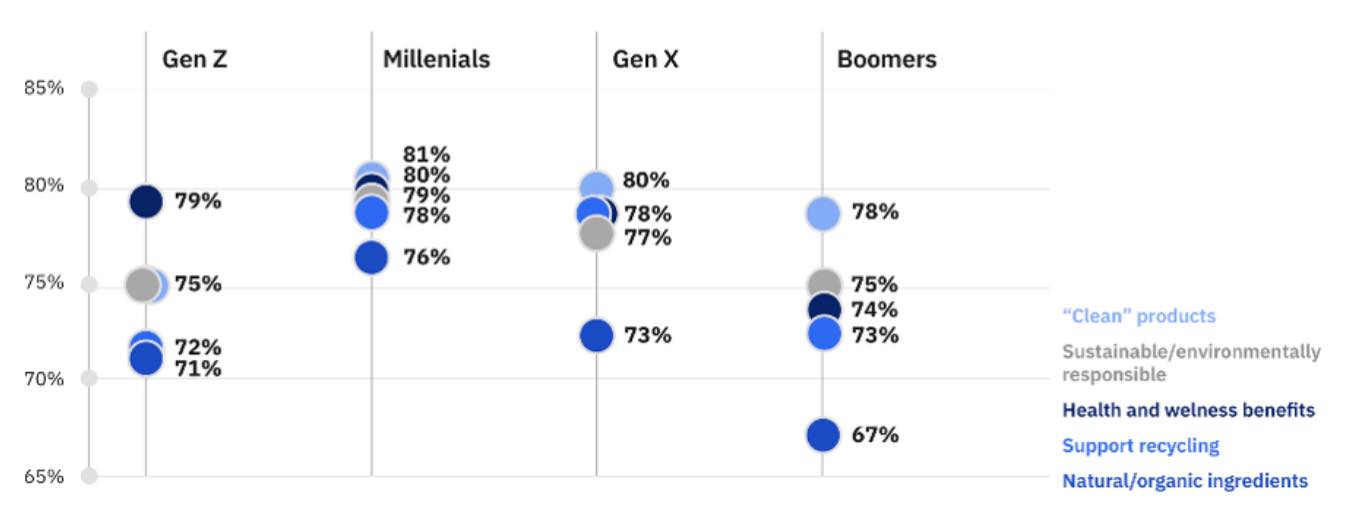
(Image source: IBM INSTITUTE FOR BUSINESS VALUE)
These attitudes are reshaping the retail landscape. In what Generation Investment Management’s Sustainability Trends Report 2019 describes as “sustainability-driven disruption”, a new consciousness is extending to various sectors of the market. Buyers are increasingly looking for more sustainably sourced fashion, and displaying growing interest in a sustainable food industry.
At the same time that people are switching to online shopping, consumers are questioning whether or not they always need to buy new products rather than second-hand, or even renting the items they want. And there’s an increased sensitivity to the physical aspects of the retail process, with buyers attaching importance to waste reduction, and waging a war against plastic.
Flora & Fauna: 100% Vegan, Ethical, And Cruelty Free
Research suggests the environmental impact of eCommerce is lower than that of traditional commerce. Heading into the second quarter of 2020, online retail sales in Australia are expected to exceed $30 billion for the first time.

Flora & Fauna, an online store specialising in vegan and eco-friendly products now sells to markets across the world, and has managed to succeed at growing quickly while maintaining its commitment to sustainability. Today Flora & Fauna boasts 240 brands and 5500 products.

The brand makes itself available as a online one-stop shop selling 100% vegan merchandise, which Julie Mathers, Flora & Fauna founder and CEO describes as “A place where you can go and shop and everything is ethical and cruelty-free, and sourced well, and one that gives back to the community.”
The Warehouse Group: Towards a Sustainable and Digital Future
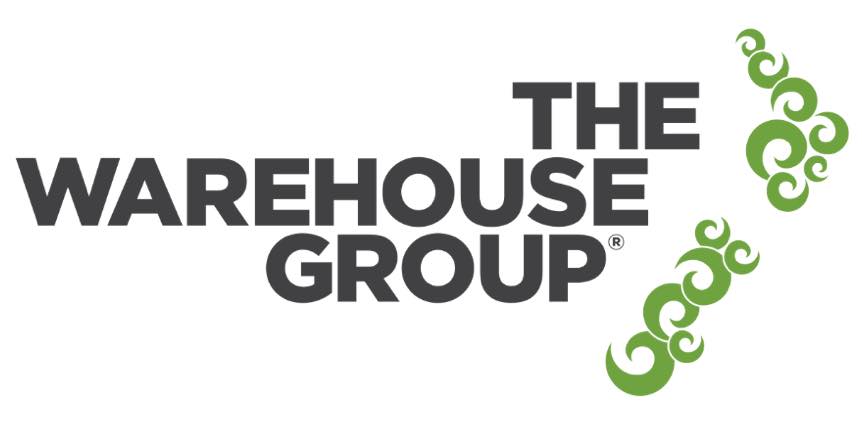
The Warehouse Group is New Zealand’s largest retail group, including brands that sell everything from essential homeware and apparel, to premium consumer electronics, appliances, and outdoor adventure gear. The group also offers consumers new digital experiences enabled by its two year journey of transformation - a process aimed at delivering sustainable profitability.
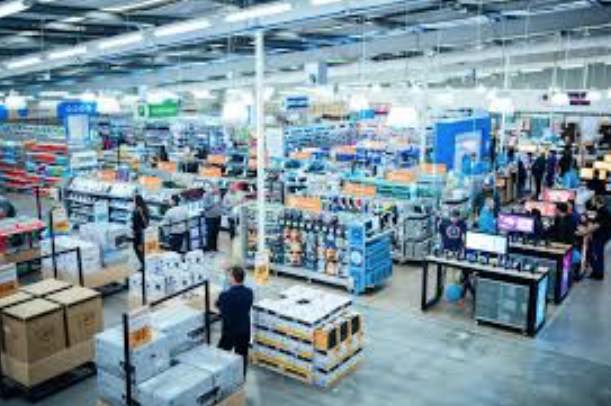
Complex and highly segregated business operations, emerging competitive threats, changing customer expectations, combined with a decline in earnings, spurred The Warehouse Group to undertake a transformation journey that would simplify processes and create new capabilities to improve the customer experience.
Over the two year period, the integration of business functions through cloud technology and a unified platform has enabled Michelle Anderson, Chief Digital Officer of The Warehouse Group, to say with confidence that, “The Warehouse Group’s purpose is helping Kiwis live better every day and we’re fixing our retail fundamentals and investing in our digital future to deliver on this."
Patagonia: A Mission To Become Carbon Neutral
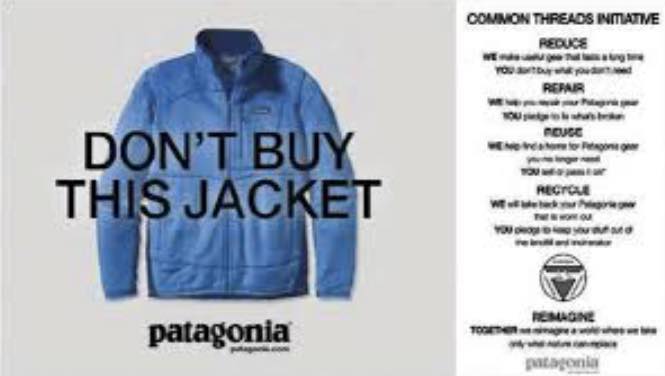
In 2011, clothing retailer Patagonia launched a campaign to dissuade customers from purchasing clothing that they didn’t really need. Based on the rationale that consumerism causes negative environmental impacts, the ads were a paradoxical success, increasing sales of the brand by approximately 30% in the nine months that they ran.
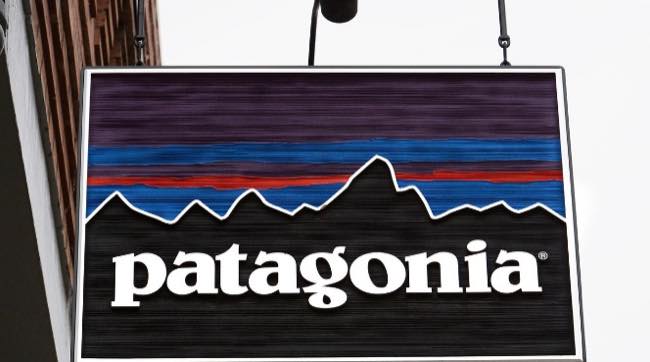
Looking to avoid such ambiguity in future, the outdoor gear retailer has since announced efforts to make its supply chain carbon neutral by 2025, and enshrined its beliefs in a mission statement that embodies a responsibility to proactively do good. It's displayed prominently on the Patagonia website and simply states: "We're in business to save our home planet."
The mission and the message resonate with the brand’s base of younger consumers. Patagonia’s President and CEO Rose Marcario observes, "We really know our customers and they know us, and what I see more is that younger people are coming to the brand because they recognise the climate crisis in a much different way than my generation, probably, and their experience is really first-hand."
The Implications Of All This
So we know Sustainability sells and is important to consumers, but what implications does this have for retailers?
Sustainability isn’t a trend that retailers can side-step or ignore. In a market like Australia where the concept of sustainability is fairly familiar, consumers are becoming more aware of the impacts of pollution and climate change, and are demanding stronger, more aggressive action from their favourite brands and the government.
Retailers will need to respond by:
- Understanding the implications of the ingredients they use, and the level of scrutiny that consumers apply to the products they purchase.
- Giving consideration to what’s healthy for the environment and healthy for the consumer.
- Effectively communicating their sustainability achievements and the benefits they’re passing on to the customer.
- Keeping track of their production, supply, and marketing, and staying in tune with evolving customer expectations and attitudes to sustainability.
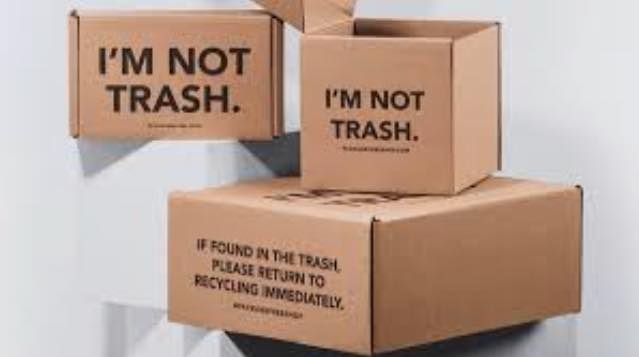

Sustainability will be a hot topic at eTail Australia, Download the agenda today for more information and insights.